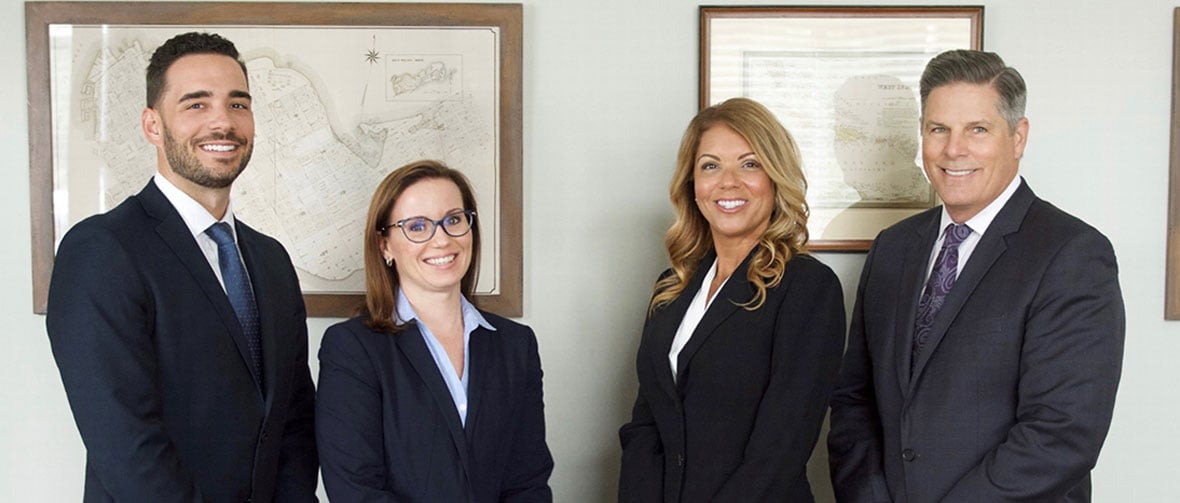Many people may get their first real close-up look at the Florida probate system after being named executor of a parent’s will. In many cases, the adult child who was named will be unfamiliar with what is needed and how to handle this practical yet emotional task. The executor of a will is charged with carrying out the wishes of the decedent as expressed in that document.
Being the executor of a will involves clearing up the financial obligations of the estate from the estate’s funds. It is not the obligation of executors to pay estate bills from their own pockets. This can include paying off debts that belonged to the parent before he or she passed away or paying the final taxes owed by the estate. After these debts and taxes are cleared, the executor has the responsibility to see that the decedent’s assets are distributed as specified in the will. During the period before the estate is distributed, the executor is responsible for keeping up the property and appearing in probate court when necessary.
People who are aware of the responsibilities of an executor may be more comfortable and confident in the task. If they they were named as their parent’s executor, it can be important to discuss with the parent to learn more about their goals and wishes. An executor-to-be can even ask questions about specific items, like a family business, particular heirlooms or other items that parents may want to specifically lay out in their wills.
When drawing up a will, it is important to name a caring, conscientious person as an executor. An estate planning attorney can help people thinking about the future to create key documents like wills and trusts to protect their loved ones.






